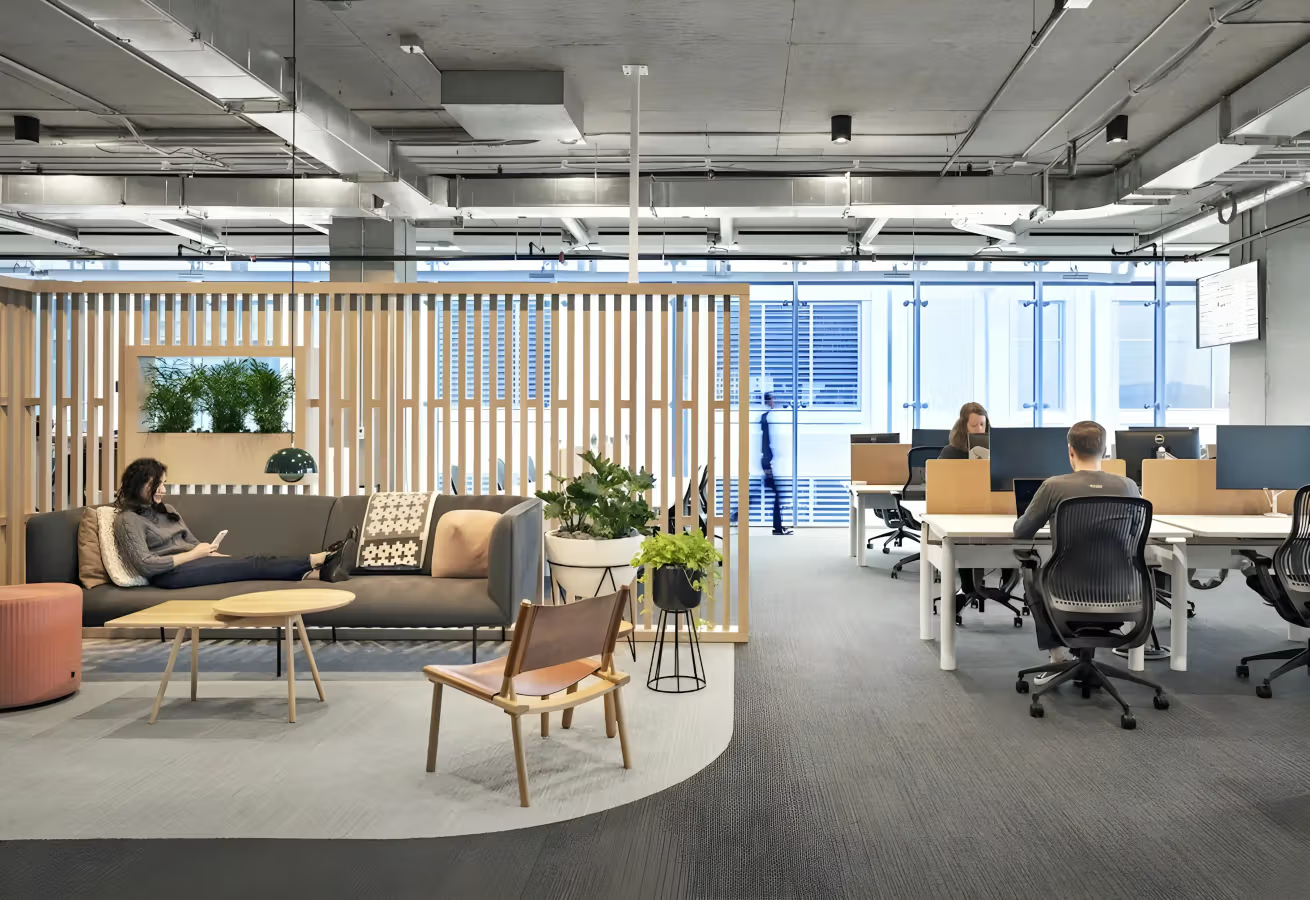
The 2030 Workplace: Predictions for the Future of Flex Space in India
Last Update: 19 September, 2025•Read: 5 minutes
There is a change in the Indian workplace. The traditional office models that had dominated the business world are gradually giving way to new models, which are more people-friendly, less expensive, and more flexible. The future of flex spaces in India is at the centre of this transformation, and it is expected to redefine work culture significantly by 2030.
Every industry, from startups to multinational corporations, is recognising the role of flexible offices, not just as a real estate option but as a core business strategy. Towards the end of this decade, flex spaces will evolve into intelligent, collaborative ecosystems that enable business organisations to remain agile and empower employees to flourish.
Every industry, from startups to multinational corporations, is recognising the role of flexible offices, not just as a real estate option but as a core business strategy. Towards the end of this decade, flex spaces will evolve into intelligent, collaborative ecosystems that enable business organisations to remain agile and empower employees to flourish.
We are the US's No. 1 marketplace for serviced, coworking, and shared office space.
Get personalized recommendations, arrange tours, and secure the best deals — all at no cost.